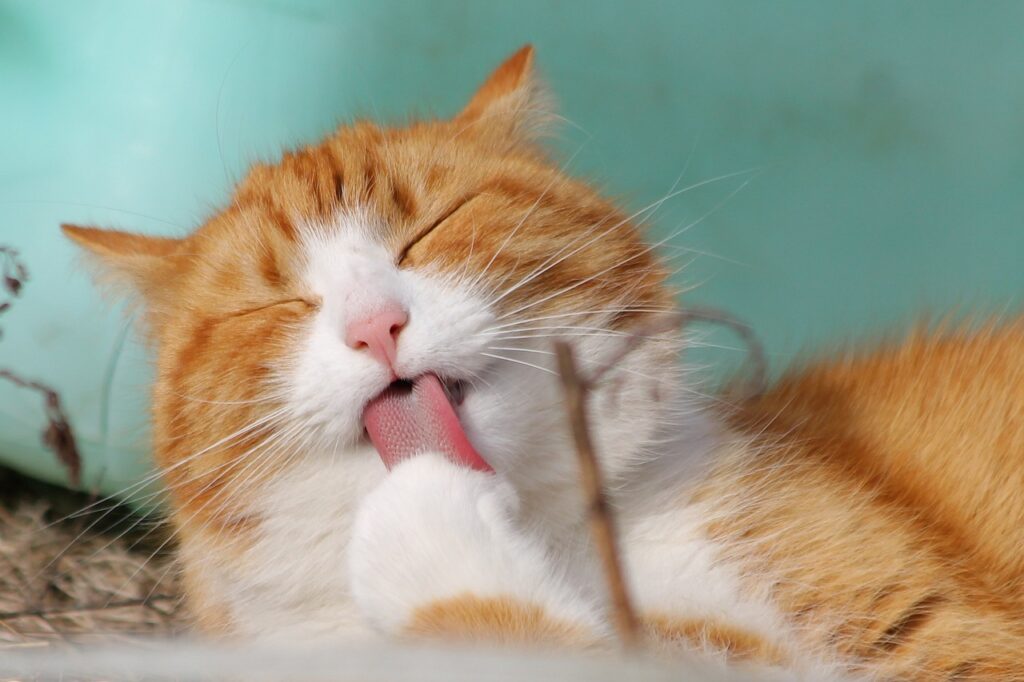Can Cats Eat Ice Cream? – No, They Can’t
When the summer heat strikes, and we’re enjoying a scoop of ice cream, it’s tempting to let our feline friends have a taste. However, it is not advisable for cats to eat ice cream. Predominantly, ice cream is made from dairy products, which many cats find difficult to digest due to lactose intolerance. Additionally, the high sugar content and cool temperature can be problematic for them.
Is It Safe for Kittens to Consume Ice Cream?
Similar to adult felines, it is also unsafe for kittens to consume ice cream. Their digestive systems are more sensitive, and giving them ice cream can result in discomfort or more severe digestive problems.
Risks Associated with Feeding Ice Cream to Kittens
Feeding ice cream to kittens can lead to immediate gastrointestinal upset including diarrhea, bloating, and abdominal pain. Lactose intolerance is quite common in kittens, and over time, indulging them with ice cream can lead to more serious health issues like obesity due to its high-calorie nature.
Why Ice Cream is Not Recommended for Cats
Lactose Intolerance
Many adult cats lack sufficient amounts of the enzyme lactase needed to break down lactose found in dairy products. When lactose-intolerant cats eat ice cream, they can experience symptoms like diarrhea and upset stomach.
High Sugar Content
Ice cream often contains large amounts of sugar, which is not a natural part of a cat’s diet. Consistent ingestion can lead to obesity, dental issues, and even diabetes.
Cool Temperature
The chilly temperature of ice cream can cause sensitive teeth to ache and possibly lead to brain freeze, which can be a disturbing experience for your pet.
Known Health Issues in Cats from Consuming Ice Cream
Ice cream can cause a range of health issues in cats, such as digestive troubles including nausea and diarrhea. Over time, regular consumption could contribute to diabetes or obesity, given its high sugar and fat content.
What to Do If a Cat Has Consumed Ice Cream?
- Monitor the Cat: Observe your cat closely for any signs of discomfort or ill-health. If symptoms like vomiting or diarrhea occur, proceed to the next steps.
- Contact a Vet: If symptoms persist or worsen, it is critical to get in touch with a veterinarian for professional advice on how to handle the situation.
- Provide Comfort and Water: Ensure that your cat is comfortable and has access to fresh water to prevent dehydration.
Safe Alternatives to Ice Cream for Cats
There are several safe and nutritious alternatives to ice cream that you can offer your cat. Consider lactose-free cat milk, frozen cat treats, or even a small amount of plain frozen yogurt (only if your cat isn’t lactose intolerant).
Conclusion
Ultimately, it’s important to stick to cat-friendly treats and avoid sharing human food like ice cream with our pets. By understanding the potential risks and health issues associated with feeding ice cream to cats, we can make more informed decisions to ensure the wellbeing and happiness of our feline companions.



